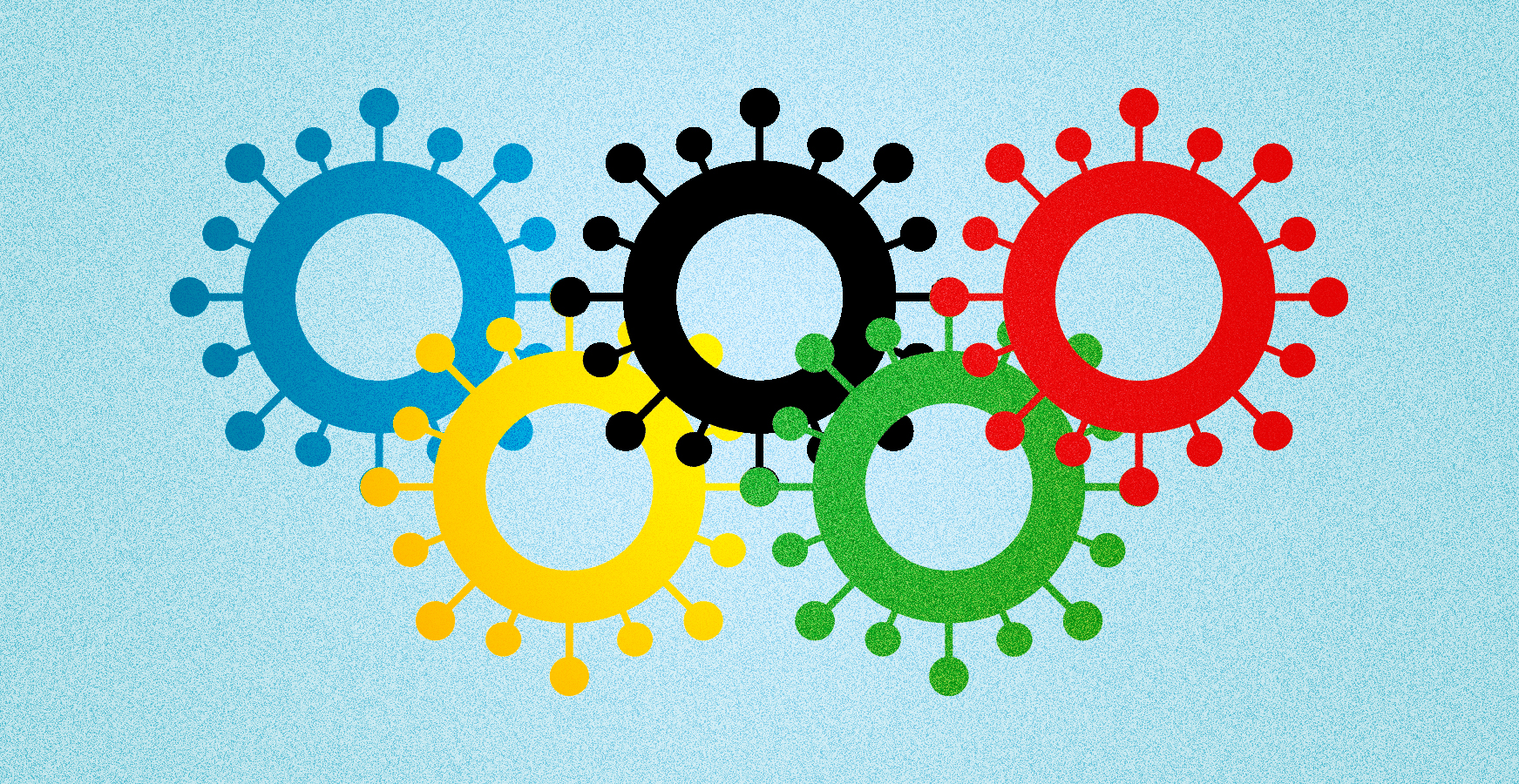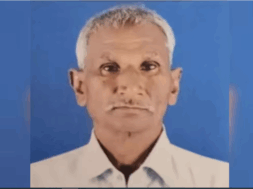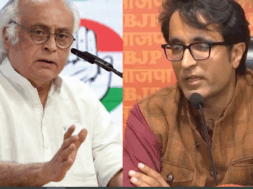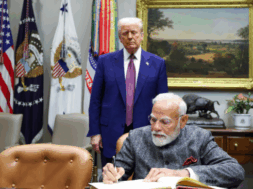
Covid-19: Now, Olympic-bound, Covid-19 hit Japan lacks ventilators, beds
Virendra Pandit
New Delhi: Olympic-bound Japan has just opened more vaccination centers ahead of Tokyo Games 2021, only to discover its India-like moment of truth: lack of ventilators and beds for the mounting number of Covid-19 patients in the nation’s second-largest city, Osaka.
Japan is now bracing to bear the brunt of the pandemic’s rising fourth wave. After a year’s delay, the Olympics are scheduled to take place from July 23 to August 8, 2021, amidst protests from the Japanese themselves.
Alarming media reports on Monday said that hospitals in Osaka are buckling under a huge wave of new coronavirus infections. The facility is running out of beds and ventilators as exhausted doctors warned of a “system collapse”, and advised against holding the Olympics this summer.
Japan’s western region, home to only 9 million people or 7 percent of the population, has seen deaths of a third of the nation’s death toll in May. Nearly 4,000 Covid-19 positive cases were reported last week, a five-fold increase over February.
The speed at which Osaka’s healthcare system was overwhelmed underscores the challenges of hosting a major global sports event in two months’ time, particularly as only about half of Japan’s medical staff have completed inoculations, according to media reports.
“The highly infectious British variant and slipping alertness have led to this explosive growth in the number of patients,” an expert said.
In the current wave, only 14 percent of Osaka’s 13,770 pandemic patients have been hospitalized, leaving the majority to fend for themselves. Tokyo’s latest hospitalization rate, in comparison, is 37 percent.
By Thursday last week, 96 percent of the 348 hospital beds Osaka reserved for serious virus cases were in use. Since March, 17 people have died from the disease outside the prefecture’s hospitals, officials said early this month.
Popular anger on holding the Olympic Games in the middle of the pandemic has surfaced. “The Olympics should be stopped, because we already have failed to stop the flow of new variants from England, and next might be an inflow of Indian variants,” said Akira Takasu, the head of emergency medicine at OMPUH, media reported.
“In the Olympics, 70,000 or 80,000 athletes and the people will come to this country from around the world. This may be a trigger for another disaster in the summer.”
Japan is trying to cope with this situation. It mobilized military doctors and nurses on Monday to vaccinate the elderly in Tokyo and Osaka as the government desperately tried to accelerate inoculation and curb fresh infections.
Prime Minister Yoshihide Suga is determined to hold the Olympics in Tokyo and has made an ambitious pledge to finish vaccinating the country’s 36 million elderly people by the end of July, despite skepticism.
Currently, Tokyo and nine other areas that are home to 40% of the country’s population are under the Covid-19 emergency and a further extension is deemed unavoidable.
In the hardest-hit Osaka, where hospitals are overflowing, with thousands of people becoming sicker or even dying at home, dozens began lining up before the inoculation center opened early Monday.
The government’s goal seems impossible to meet. Those currently eligible are 65 years or older, and some officials say it may take until next March before younger people are fully vaccinated.
Japan also has a dire shortage of medical staff who can give shots since only doctors and nurses can legally do so — and they are already busy treating Covid-19 patients. Even dentists and retired nurses have been roped in to vaccinate the people.
The country’s vaccination drive started late, in February, and was hampered by supply shortages and organizational hurdles. As a result, the country is lagging significantly behind other developed nations. Only about 1.9% of the population is fully vaccinated.
Japan’s efficient healthcare system has been increasingly overwhelmed by the latest surge, with some hospitals running out of beds and ventilators. The country has recorded more than 700,000 infections and 12,000 Covid-19 deaths from the virus until now since 2020.
So far only around 4.7% of the country’s elderly of 65 or older have received at least one dose of either Pfizer, Moderna, or AstraZeneca.
Tokyo is still Japan’s biggest Covid hotspot, and the capital currently has a weekly average of 650 cases per day. In Osaka, which reported a spike of over 1,000 new cases a day in April, the situation is worsening rapidly, with reports of hospitals running out of beds and ventilators.
In late April the city saw a spike of more than 1,000 new cases a day. It now averages around half that number each day.
Increasingly, angry Japanese, including business magnets, are demanding the government to call off the Olympics at the earliest. SoftBank CEO Masayoshi Son tweeted that “more than 80% of people want the Olympics to be postponed or canceled. Who and on what authority is it being forced through?”
Medical workers have also repeatedly issued warnings.
“They want 500 nurses to volunteer at the Olympics. That means more Covid patients won’t get the care they need.”












